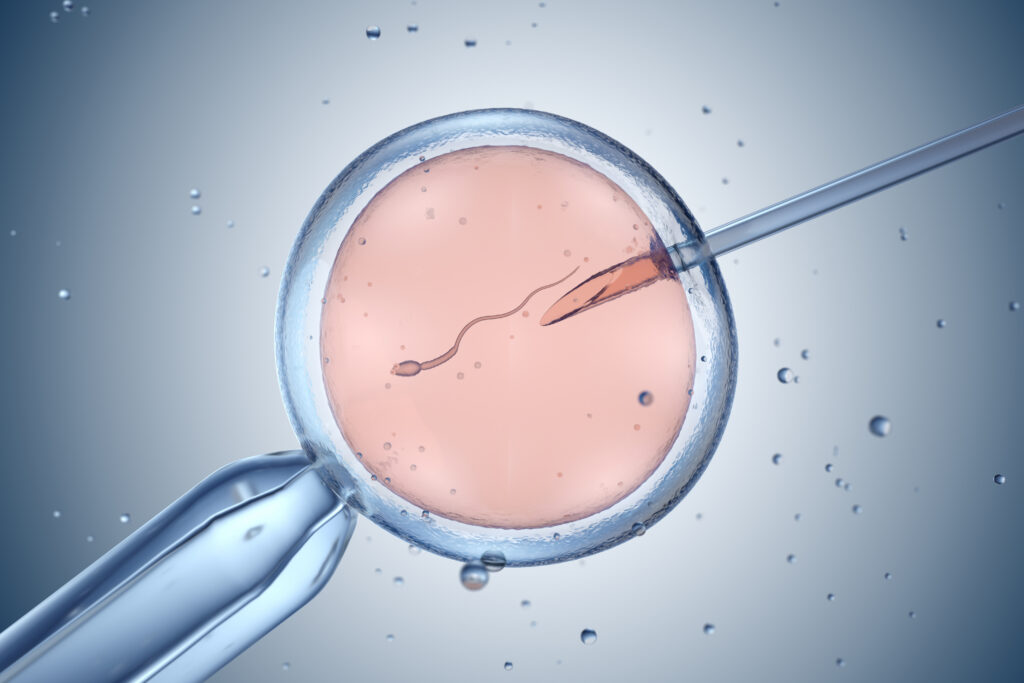FACT CHECK: Governor DeSantis is Correct; Babies at 15 Weeks Can Feel Pain

Science Demonstrates Unborn Babies Feel Pain, Have Heartbeats, and Suck Thumbs at 15 Weeks
Washington, D.C. – Florida Governor Ron DeSantis correctly stated during Monday’s gubernatorial debate that unborn babies can feel pain at 15 weeks gestation. He also correctly stated that unborn babies at 15 weeks gestation have a heartbeat.
Dr. Robin Pierucci, M.D., a board-certified neonatologist, medical director of a 50-bed neonatal intensive care unit, and associate scholar at Charlotte Lozier Institute, explained:
“The idea that unborn babies don’t feel pain is rooted in a bygone era when newborns were actually operated on without anesthesia or pain relief. While abortion advocates continue to cling to that outdated belief, neither science nor humanity have stood still.
“The current standard of medical care calls for unborn babies to receive pain medication during fetal surgery starting at 15 weeks. In fact, modern 3D and 4D ultrasound enables us to see an unborn baby cry and grimace when receiving that injection of pain medication in utero. Their behavior is just like other kids when they get a shot at the pediatrician’s office.”

Source: Lisandra S. Bernardes et al., Sorting Pain Out of Salience: Assessment of Pain Facial Expressions in the Human Fetus, 6 Pain Rep. (2021). Watch the 4D ultrasound of a baby (third trimester) reacting to an injection of anesthetic prior to surgery in utero.
The pro-abortion American College of Obstetricians and Gynecologists regularly cites a 2010 Royal College of Obstetricians and Gynaecologists report as indisputable evidence against fetal pain prior to 24 weeks. However, they fail to acknowledge that the co-author of that report, neuroscientist Dr. Stuart Derbyshire, objectively considered the growing body of scientific evidence and changed his long-held position in 2020.
Writing in BMJ’s Journal of Medical Ethics, Dr. Derbyshire concluded that the cortex is not necessary for pain perception, and that “the evidence, and a balanced reading of that evidence, points toward an immediate and unreflective pain experience mediated by the developing function of the nervous system from as early as 12 weeks.”
Dr. Tara Sander Lee, Ph.D., who studied heart development at Harvard Medical School and serves as Director of Life Sciences at Charlotte Lozier Institute, confirmed the science behind Governor DeSantis’ statement on heartbeat:
“The heart is the first functioning organ to develop in a human baby, because that embryonic heart is vital for oxygen and nutrient distribution. At 6 weeks, the baby’s heart rate is 110 beats per minute. By 15 weeks, the baby’s heart will have already beat nearly 16 million times!
“Is the heart still developing? Yes! So is the rest of the body. In fact, the human brain isn’t fully developed until around age 25. Despite the Olympic-level semantic gymnastics of some abortion advocates who want to deny the science, most Americans instinctively understand that a developing human organ which beats rhythmically and pumps blood throughout the body is, in fact, a heart.”
Dr. Katrina Furth, Ph.D., a CLI associate scholar who earned her doctorate in neuroscience at Boston University, has researched scientific advancements in our understanding of the humanity of the unborn, including:
- By 15 weeks of pregnancy, every major organ has grown and most are functional.
- The heart pumps 26 quarts of blood per day.
- The intestines have started the lifelong contractions that propel food through the digestive system.
- The kidneys already filter toxins.
- The unborn baby prefers sucking his right or left thumb.
- By studying ultrasounds, scientists have determined that 85% of unborn babies prefer moving their right hand over their left hand. About 85% of adults prefer their right hand, too.
- If a twin, the unborn baby moves more gently when reaching toward her twin’s face.
- The baby responds to taste.
- Flavors from the mother’s food seep into the amniotic fluid, peaking after about 45 minutes.
- If the amniotic fluid tastes sweet because of an injection of saccharin, the baby swallows more fluid. If the amniotic fluid tastes bitter, the baby swallows less.
- The baby’s heart has already beat approximately 15,800,000 times.
- A baby’s heart starts beating about 22 days after fertilization.
- In total, a baby’s heart beats about 54 million times between conception and birth.
- The baby’s body responds to both touch and pain.
- The baby responds to light touches over most of the body.
- If something touches the palm of the baby’s hand, the baby will bend his or her fingers as if to grasp the object.
- Neurotransmitters specific to pain processing appear between 10- and 14-weeks’ gestation. The spinal nerves needed to transmit pain to the thalamus have formed by 15 weeks’ gestation.
To review the most accurate and up-to-date science of human prenatal development, visit Charlotte Lozier Institute’s VoyageOf Life.com resource.
Since 1973, doctors have also developed life-saving surgeries for unborn babies, performing in utero procedures as early as 15 weeks’ gestation. For example, surgeries for correcting spina bifida pre-birth were so successful that clinical trials were stopped so that all children could receive the life-saving surgery.
Charlotte Lozier Institute was launched in 2011 as the education and research arm of Susan B. Anthony Pro-Life America. CLI is a hub for research and public policy analysis on some of the most pressing issues facing the United States and nations around the world. The Institute is named for a feminist physician known for her commitment to the sanctity of human life and equal career and educational opportunities for women.
###
























